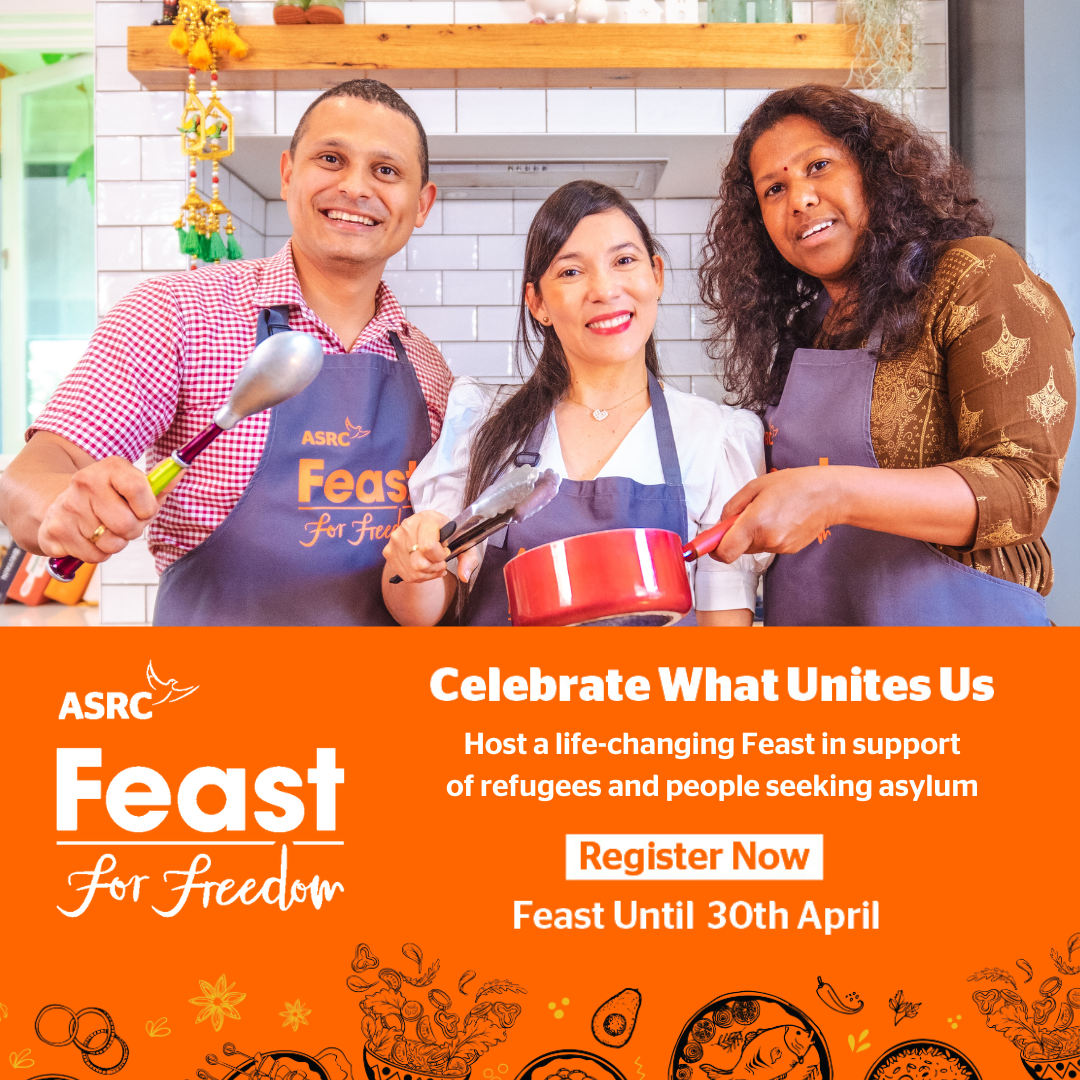Nahji Chu arrived as a refugee in Australia but has turned her passion for food into a successful business. Miss Chu’s Tuckshop now has five stores in Sydney, three in Melbourne and turned over $20 million last year.
Chu recently spoke to Women’s Agenda sister publication SmartCompany about how food is in her blood, why Miss Chu won’t ever be a franchise and how her business thrived once she created a website and app.
Founder and owner: Miss Chu’s Tuckshop
Age: 42
Based: Sydney
I come from a family of foodies and that is not in the Australian sense of going to hospitality school, but it is part of being a Vietnamese woman.
Food was a way of survival and income in my family. Both my grandparents were farmers in Hanoi and they supplemented their meagre income by going into the city to sell food on the streets.
The best marketing I did was to use my refugee visa as my logo. I decided to use the visa as a strong point to demonstrate a lot of good came from living three years in squalid refugee camps.
Growing up in Australia meant assimilation and that typical thing where the parents want you to try to do anything but sell food on the street. I tried to go to university and to get a proper job but what I knew best and what was instinctual to me was selling food on the street and so I became a pioneer in street food in Australia.
I was working for a bank as a credit analyst and always knew it was a dead end job, so I left the bank and started wholesaling my rice paper rolls to caterers. I just knew there was a market for them, especially the way I made them into a bit of an art form.
I did a New Enterprise Incentive Scheme and the government supports you for 12 months if you come up with a good business plan.
I started up from home and in a tiny kitchen but within three months I had a commercial kitchen and within six months I turned over $90,000 and for me that was crazy.
I moved into a new kitchen in Darlinghurst and people would think ‘This place is weird, as you can see them working but they don’t actually sell anything’. People were saying they just wanted Vietnamese food for lunch so we decided to turn the kitchen into a café in the quiet season.
I wasn’t expecting people to be lining up within the first week, but they were and my staff were shaking in their boots saying we have run out of ingredients and it is only 1pm. The line would be 25 deep at any time.
I decided to call it a tuckshop because I didn’t want to compete with the cafes and restaurants, I wanted to say that I was really about catering. I didn’t want people complaining about the service and the fact nobody spoke English.
Darlinghurst council put a bike path through my street and it killed my business as people couldn’t drive down there anymore. So that’s what prompted me to do delivery and I thought, do an online site and app, and that just took it to the next level. All of a sudden I was back in the game again.
Now 30% to 35% of my business comes from catering and 65% comes from delivery. That is why my brand is so strong, because I am a circumstantial brand. I am a person of circumstance. I was kicked out of my country by circumstance. As a refugee you do whatever it takes to survive. You turn the bad things that have happened into good things.
The whole plan was to have a lot of Miss Chu’s and the more money I saved the more I concentrated on it being a franchise, but the more research I did on franchise the more I retreated. It’s just fraught with litigation and franchising law is very complicated.
The word franchise was too dull and two dimensional, so I expanded Miss Chu as a self-funded company owned business and went into a joint venture to open stores in Melbourne with Gabi Machado.
There’s been a few mistakes along the way.
I’ve found out partnerships don’t fit my personality and keeping partners happy is the hard bit of my business. It’s unfortunate that in order to grow I have to involve partners but with that comes its own set of problems, as it’s my name and branding, but on the upside it allows Miss Chu to grow.
There are so many people who want a Miss Chu in their neck of the woods and they are saying this all over the world. I would like to expand internationally.
I think I’ve been a little instrumental in changing the industry. Food does not have to be that expensive; I know for a fact other people are ripping customers off. Their profit margins must be so high or they are paying stupid rent.
We all know about the death of fine dining. I think it will come back in about 10 years’ time in a small way. I think the really good guys like Rockpool will still last. Now there is an equilibrium between fine dining, casual and street food. Australia is starting to find its own feet.
Food is going sustainable, going regional and it has far more consciousness about it in a good way.

